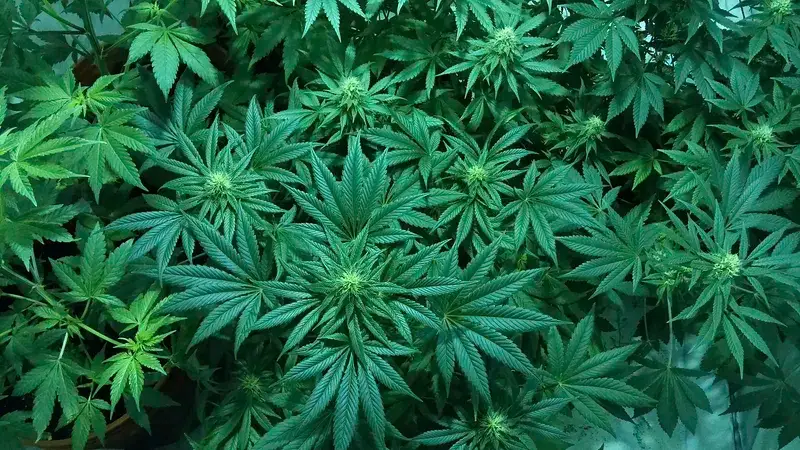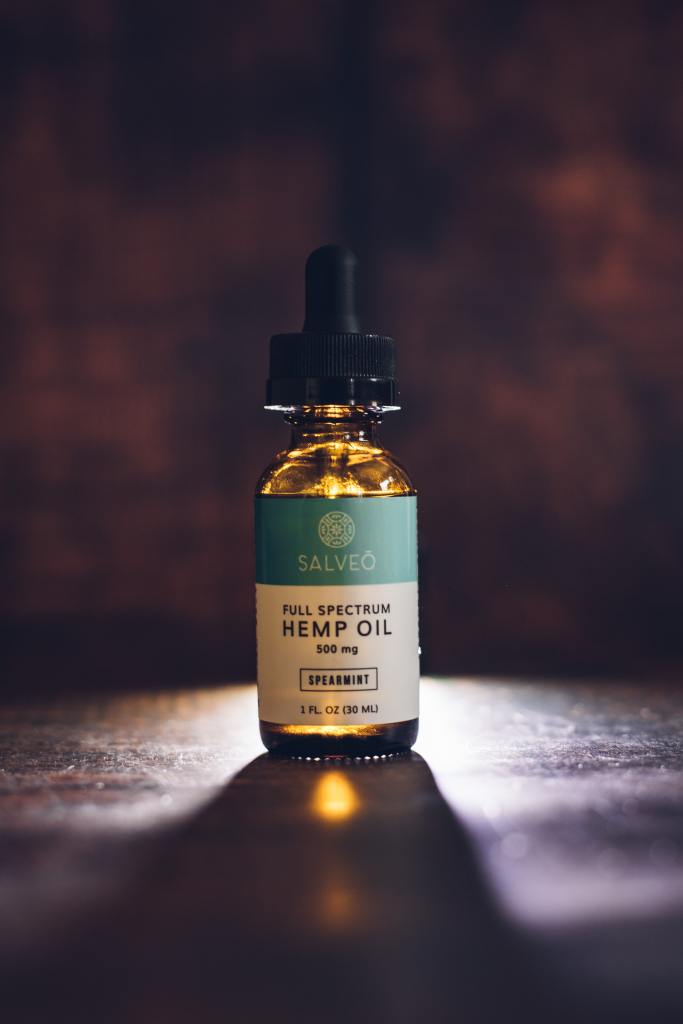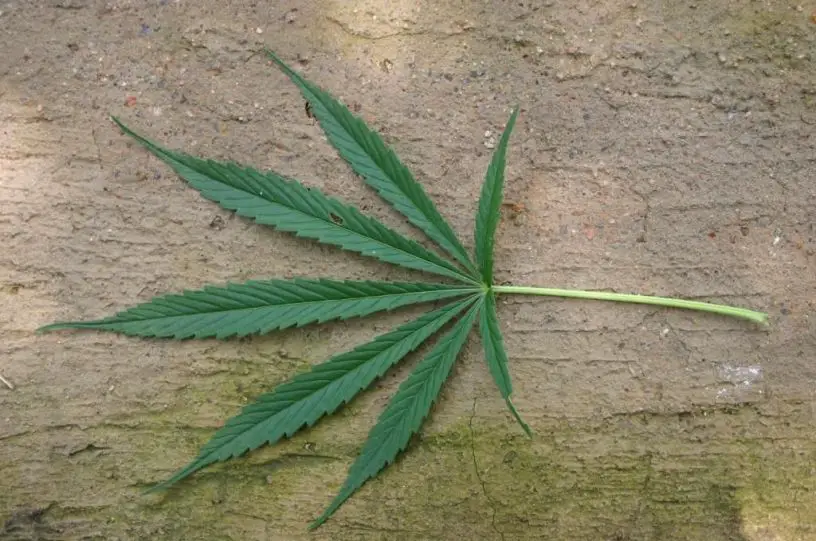Hemp is a variety of the Cannabis sativa plant species that is grown specifically for industrial use. It is known for its strong fibers, which are used to make products such as rope, clothing, and paper, as well as its seeds, which are a source of food and oil. Hemp contains very low levels of THC (tetrahydrocannabinol), the psychoactive compound that causes a “high.” By law, hemp plants must contain less than 0.3% THC content on a dry weight basis in order to be considered hemp, rather than marijuana.
This low level of THC in hemp makes it unlikely to produce any psychoactive effects when consumed, even in large quantities. However, it is important to note that some hemp-derived products, such as full-spectrum hemp extract, may contain trace amounts of THC and may cause a positive drug test result.
It is a versatile plant that offers many potential benefits, including:
- Nutritional value: Hemp seeds are a good source of protein, healthy fats, fiber, and a range of vitamins and minerals, including magnesium, potassium, and iron.
- Environmentally friendly: Hemp is a highly sustainable crop that requires very little water and pesticides, and has the potential to improve soil health.
- Industrial uses: Hemp fibers can be used to make a wide range of products, including paper, clothing, and building materials, and can be a more environmentally friendly alternative to traditional materials.
- Health benefits: Hemp seeds and oil have been shown to have potential health benefits, including improving heart health, reducing inflammation, and reducing symptoms of certain skin conditions.
- Legalization: The legalization of hemp in many countries has created new opportunities for research, development, and commercialization of hemp-based products.

Hemp is considered a good source of prebiotics because it contains high amounts of soluble fiber, particularly beta-glucans, which serve as food for the beneficial bacteria in the gut. This type of fiber is not digested by the human body, but instead ferments in the gut, providing fuel for the growth and activity of the gut microbiome.
Studies have shown that hemp seeds and their derived products, such as hemp flour, hemp protein, and hemp oil, contain prebiotic fiber that can help to improve gut health, boost immunity, and support digestive function. Additionally, hemp seeds are a rich source of polyunsaturated fatty acids, which have been shown to have anti-inflammatory effects and may help to reduce the risk of certain chronic diseases.
In conclusion, hemp is a good source of prebiotics because of its high fiber content, which provides nourishment for the gut microbiome, and its potential health benefits, such as improved gut health, enhanced immune function, and reduced inflammation.
Beta-glucans are complex sugars (polysaccharides) found in the cell walls of certain plants, fungi, and bacteria. They are best known for their health benefits, particularly in the area of immune function.
In the human body, beta-glucans are recognised as foreign substances by immune cells and stimulate an immune response. This immune activation can help to improve the body’s ability to fight off infections, reduce inflammation, and lower the risk of certain chronic diseases, such as heart disease and cancer.
Beta-glucans are commonly found in foods such as whole grains, mushrooms, and some types of seaweed. They are also available as dietary supplements. It is important to note that not all beta-glucans have the same effects, as the structure and type of beta-glucan can impact its biological activity.

The specific type of hemp product with the highest amount of beta-glucans will depend on various factors such as the strain of hemp and the part of the plant that is used.
In general, whole hemp seeds and their derived products, such as hemp flour and hemp protein, are considered good sources of beta-glucans. In these products, the beta-glucans are found in the seed coat and the pericarp, which are the outer layers of the seed.
Hemp oil, on the other hand, is typically low in beta-glucans as they are removed during the oil extraction process.
It is also important to note that the beta-glucan content of hemp products can vary greatly depending on the processing methods and conditions used, as well as other factors such as the growing conditions and maturity of the plant.
In conclusion, whole hemp seeds and their derived products, such as hemp flour and hemp protein, are the types of hemp products that are likely to have the highest levels of beta-glucans. However, the actual content of beta-glucans can vary greatly and should be confirmed through lab analysis or product labeling.
The amount of beta-glucan in hemp milk can vary greatly depending on the brand and formulation. Some hemp milks may contain only trace amounts of beta-glucan, while others may contain higher levels.
The beta-glucan content of hemp milk is influenced by several factors, including the type of hemp used, the processing methods, and the other ingredients added to the milk. For example, some brands may use whole hemp seeds, which are a good source of beta-glucan, while others may use hemp protein isolate, which may have a lower beta-glucan content.
It is best to check the label or contact the manufacturer to determine the exact beta-glucan content of a specific brand of hemp milk. In general, however, it is safe to say that hemp milk is a source of beta-glucan and can be a good way to increase your intake of this beneficial soluble fiber.

